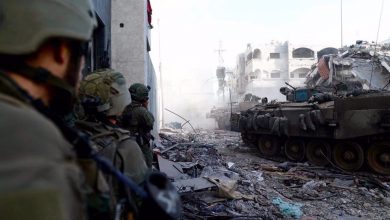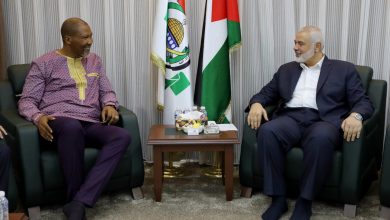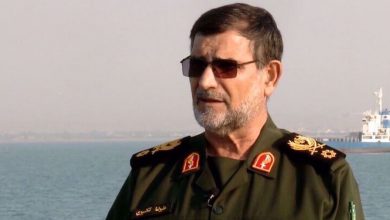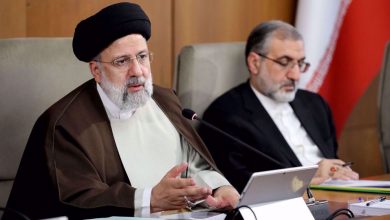Analyst: Lithium deposits will make Iran main player in world's most important industries
A prominent political analyst says the recent discovery of extensive lithium deposits in Iran will turn the country into the main player in the world’s most important industries in the near future.
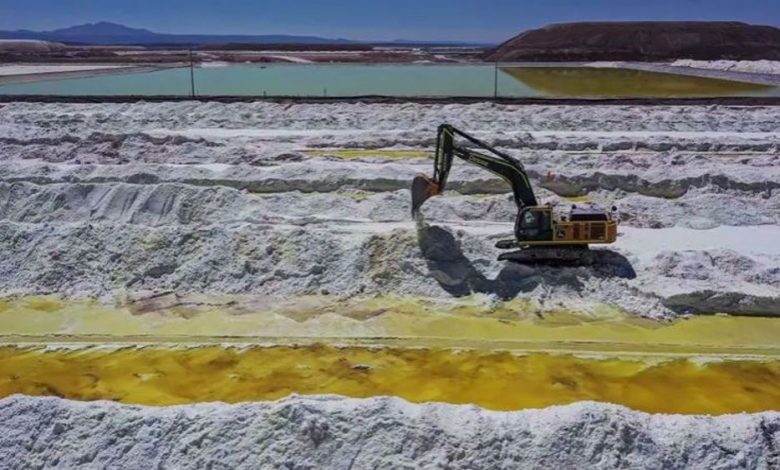
Abdel Bari Atwan, who is also editor-in-chief of the London-based Rai al-Youm newspaper, made the remarks in an on Sunday.
Iran announced the discovery of its first lithium ore deposits in late February, amid extensive exploration activity in the country’s metals and mining sector.
A senior official in the Iranian Ministry of Industry, Mine and Trade (MIMT) said at the time that the deposits located in the western province of Hamedan contained some 8.5 million metric tons of lithium ore.
Ebrahimali Molabeigi, who leads MIMT’s exploration department, said more lithium ore deposits are expected to be discovered in that province.
In early March, another MIMT official said the country will be able to extract lithium from the newly-discovered deposits in 2025.
Mohammad Hadi Ahmadi added that the lithium deposits cover an area of around 11 square kilometers in Qahavand Plain, located more than 50 kilometers to the east of the provincial capital city of Hamedan.
In his Sunday article, Atwan said Iran is rapidly transforming into a big political, military and economic power in the region and the discovery of lithium deposits will further shore up its standing on a global level and, at the same time, boost its relations with such world powers as Russia and China.
“If Iran’s nuclear and missile programs have already stirred concerns in Israel and among its Western allies, the discovery of lithium deposits … which are the world’s second biggest after those in Chile … and contain 10 percent of the world’s total lithium stocks will turn Iran into the main player in the most sought-after and important global industries in the future,” Atwan said.
He added that lithium is currently used in a wide range of industries to make electric cars, batteries, computer sets, cellphones and solar panels.
Therefore, Atwan said, if the European Union and other regions in the world really ban the use of fossil fuels from 2035 onward and encourage the use of electric cars and clean fuels, they would have to appeal to Iran to get their hands on this very important substance, which is vital for those industries.
“We cannot rule out that Iran may even establish in the foreseeable future an organization of lithium-producing countries under its leadership, similar to the OPEC (the Organization of the Petroleum Exporting Countries), to maintain prices, control production, and protect the common interests of its member states,” the analyst added.
“It would be no exaggeration if we said that the Iranian nuclear agreement is no longer a priority for the United States following remarkable advances in Iran’s military industries, especially in the fields of hypersonic missiles and drones, which have proven their high capabilities in the Ukrainian war by changing the balance of power in favor of Russia,” Atwan said.
“What distinguishes Iran’s new economic weapon, i.e. lithium, is that, unlike its oil counterpart, it is being protected by [the country’s] … missile capabilities that are highly advanced and superior in the world.”
Atwan concluded by saying that Israeli geopolitics expert, Anat Hochberg Marom, was not mistaken when she said the lithium reservoir discovered in Iran could lead to a major change in the regional balance of power, and grant Tehran an unprecedented geopolitical and economic position.

